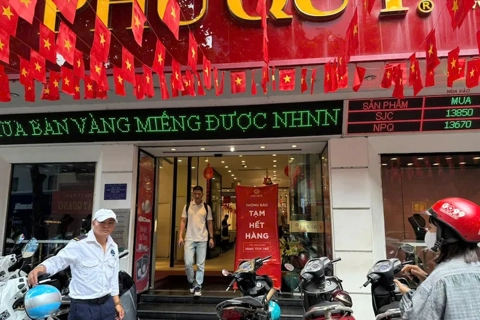IELTS admissions bonus fuels debate over fairness, access and academic merit
The expanded use of IELTS in university admissions has improved English learning and widened opportunities, but generous bonus points now risk turning the certificate into a scoring advantage rather than a fair measure of ability.









